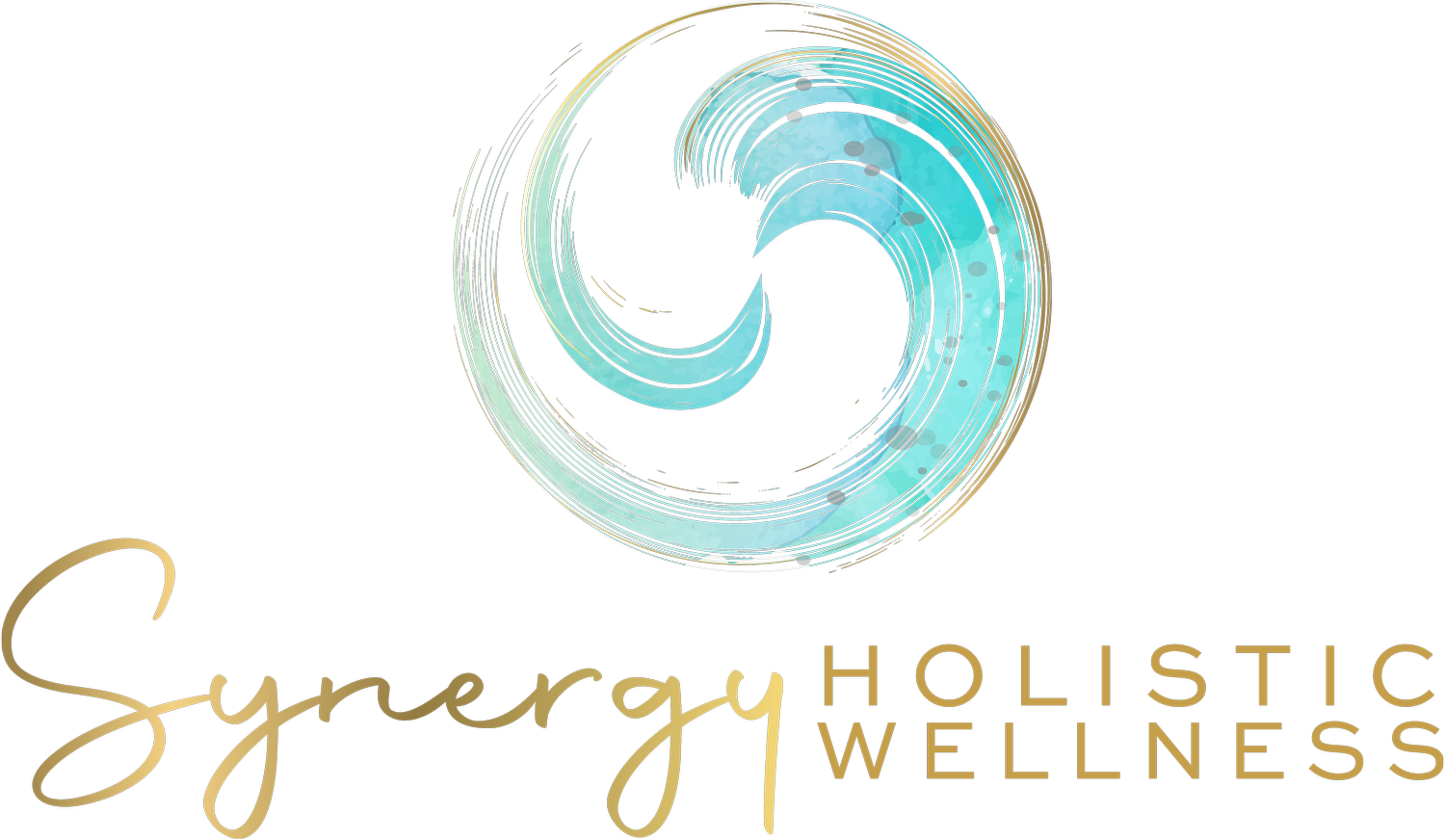Bio- what? Compounding what?
Bioidentical Hormones: What They Are, What They Aren't?
Hormone therapy is a hot topic, especially for those dealing with hormonal imbalances or the effects of aging. Bioidentical hormones have been getting a lot of buzz lately, but what exactly are they? Let’s break it down in a simple, straightforward way: what bioidentical hormones are, what they aren’t, and how they stack up against synthetic hormones in terms of risks and benefits.
What Are Bioidentical Hormones?
Bioidentical hormones are basically exact copies of the hormones our bodies naturally produce. They come from plant sources like soy or yams and are tweaked in a lab to match our body’s hormones perfectly.
Examples of Bioidentical Hormones
- Estrogen: Often prescribed as estradiol, estriol, or estrone.
- Progesterone: Matches the progesterone our ovaries produce.
- Testosterone: Used to treat low levels in both men and women.
What Bioidentical Hormones Are Not
1. Synthetic Hormones: These are similar but not identical to our natural hormones. Bioidentical hormones, on the other hand, are exact replicas. Examples of this can be found in the famous study, The Women’s Health Initiative, Premarin or Prempro.
2. Natural Hormones: While they come from natural sources, they still get processed in a lab. So, they're not just straight-from-the-plant.
3. One-Size-Fits-All: Bioidentical hormones are customized based on individual needs, unlike some synthetic hormones that come in standard doses.
4. Bioidentical does not necessarily mean “Compounded”. We have body - identical options available at both the normal pharmacies & compounding pharmacies.
What are compounded hormones?
A compounding pharmacy specializes in taking FDA approved ingredients found in commercially available medicines & making customized medications. This could be because of allergies, availability, need for special dosing, need for a different base or filler, or because of shortages. Compounding has opened endless options for bioidentical hormones. As these are technically biological substances, the current FDA regulation limits the ability for pharmaceutical companies to trademark biological substances. Meaning the options available are somewhat stagnant. It is SUPER important to choose a compounding pharmacy that is accredited. These pharmacies have to subject all products to 3rd party testing to make sure that they are safe.
Final Thoughts
When it comes to hormone therapy, there’s no one-size-fits-all answer. Whether you go for bioidentical or synthetic hormones, make sure you’re informed and work with a healthcare provider to find the best option for your health and well-being.
